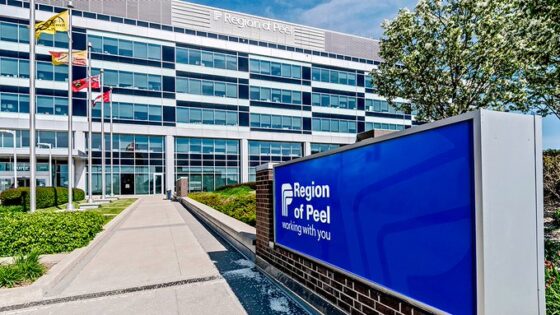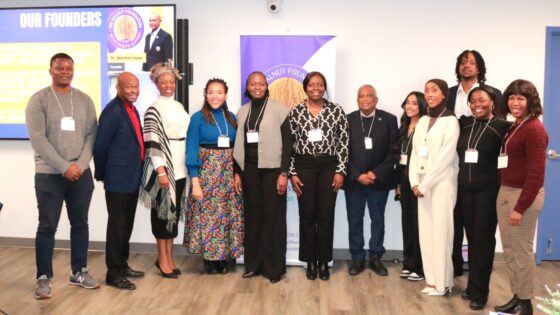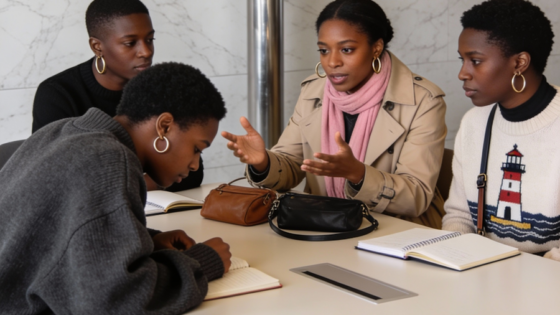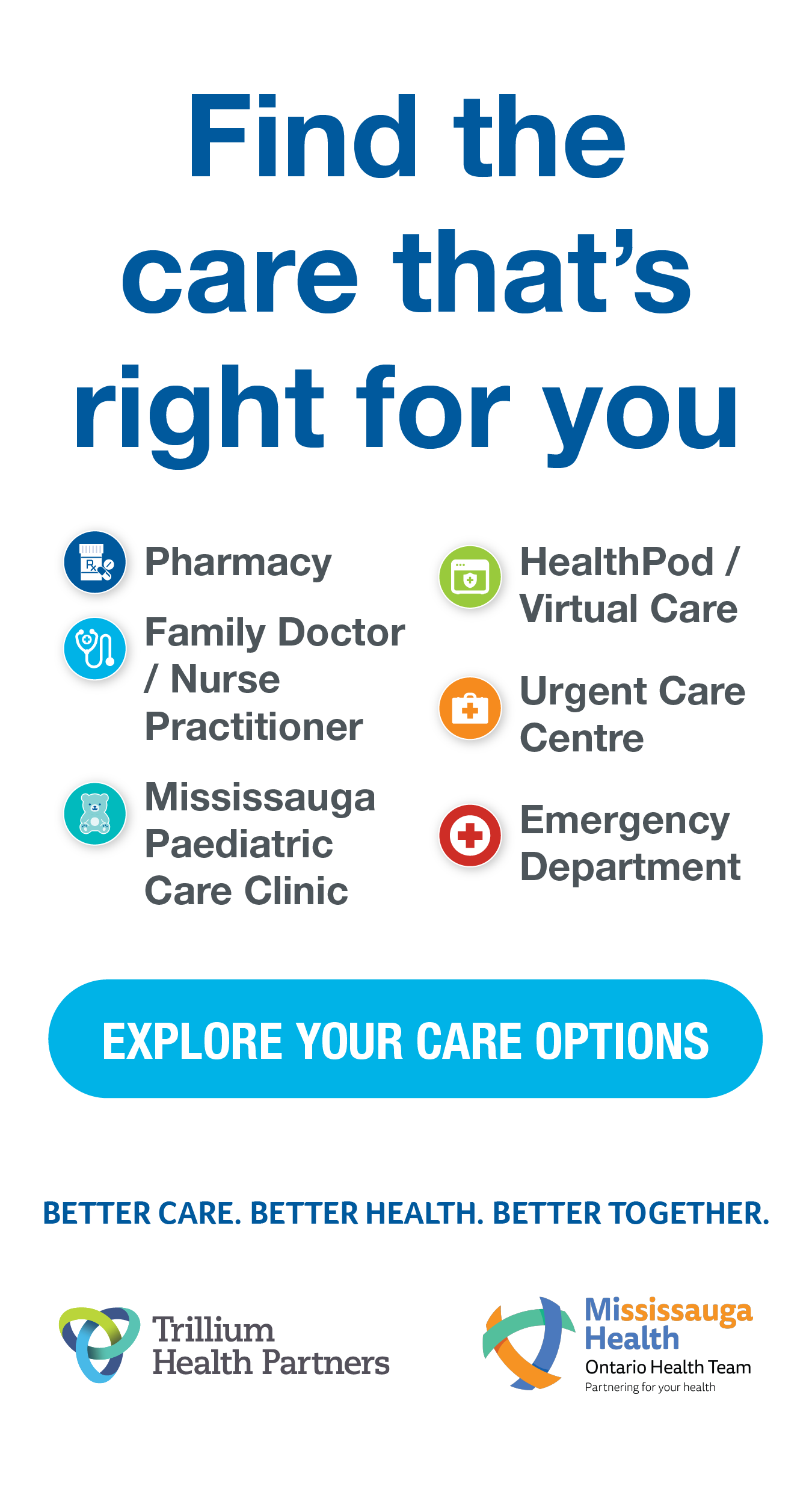on
BY SIMONE J. SMITH
“Unless the truth is a conspiracy, I don’t consider myself a conspiracy theorist.” Kerry Lee Crawford
“What’s wrong Grant?”
I had just walked through the office door at Carib101 Media Group, and the owner Grant Browning had a disturbed look on his face.
“Right at 11:00 am the attacks started again,” he replied.
“Are you really surprised,” I questioned? “We expected this.”
We were off to a rough start again. The Carib101 Media Group was tackling the task of producing The Awakening World Truth Summit – The Second Coming, and with organizing this had come some challenges.
This was the successful second attempt at producing a summit for the global population to shed light on what has occurred during this pandemic. The mission and vision of the Awakening is to provide the global community with another side of this story, the side where fear mongering is not the go to factor. Where the health of the listeners is paramount. Where the mental stability of the viewers is taken into consideration. These are all elements that have been missing from many of the mainstream media outlets.
For the team at Carib101 Media Group, the desire that information be truthful is elemental. The team knows that news is the material that people use to make important decisions in their lives: what to wear outside, what to buy, products to stay away from, what restaurants to eat at, and how to protect themselves. It is why the most important quality of news is that it is useful and reliable.
In this day and age, telling the truth has become a revolutionary act. We have received phone calls and emails condemning us for even hosting a show like this. We had one caller who told us that the Awakening was ridiculous and that it should be called “Comatose.” I have to admit; I actually found that thought pretty clever.
It seems almost too complicated for many of us to pursue the truth, and maybe to some of us it doesn’t exist. The Awakening World Truth Summit was a gathering of controversial, educated, and outspoken individuals who have found that telling the truth has not made them popular, but they refuse to back down regardless of threats, loss of credibility, or ridicule.
On Saturday March 6th, 2021, Kerry Lee Crawford and myself bravely took on the task of hosting a panel of speakers who have been censored, ostracized, and labelled as right-wing conspiracy theorists. The first Awakening World Truth Summit had 1.1 million visits to the page. The summit was cyber-attacked on such an unimaginable level, that when Grant announced it that morning, I was not surprised. We are in a time of censorship that has not been seen at this level in many years.
You may not realize it, but media censorship happens to your news on a regular basis. As humans, it is natural to make subjective choices as to what is important to put in a story, and what not to put in a story. What has made it seemingly worse is that during this pandemic, journalists are experiencing pressure from outside forces to suppress information, and only share what is desirable by those making these decisions. As a media outlet, we thought it was important for the public to be informed about the choices those who deliver the news face, and why they might decide to keep certain information private.
Naturally there are some questions that come to mind like who are these outside forces, and why would they want to censor a small, but growing media company in Toronto, Ontario, Canada?
Could it be that we had assembled a group of authority figures that have refused to lie down and continue to spread the truth about what is really going on during this pandemic. It is understandable when you take a look at the roster of speakers that we presented that day.
David Icke
He is a writer, public speaker, and media personality best known for his views on “The New World Order,” and the small group of individuals who are currently controlling our world. He is one of the most controversial speakers, and authors in the world, and he has attracted a large following worldwide.
He started off his career as a well-known BBC television sports presenter, but during our interview, I questioned him as to why he chose the path he did, or how this path was chosen for him. The highlight of my interview with David was learning his personal journey from being a professional footballer, to being criticized for being a conspiracy theorist.
His story was moving, and very spiritual. It definitely brought some perspective. This interview was different from the ones that he usually is a part of because the audience had a chance to learn why he has decided to stay on this path.
Alex Jones
Alexander Emric (or Emerick) Jones, better known as Alex Jones, is a popular radio host and is known for hosting ‘The Alex Jones Show.’
Jones has millions of followers that either love him or hate him. One thing that cannot be denied is that he speaks his mind.
He is a writer and a documentary filmmaker, as well as the brains behind the network “InfoWars,” which attracts millions of visitors every month. Like Icke, Jones asserts that several governments and business houses have conspired to create a ‘New World Order,’ and they have achieved this by “manufactured economic crises, sophisticated surveillance tech and—above all—inside-job terror attacks that fuel exploitable hysteria.
The moment that it was announced that he was going to be part of the summit, we began receiving emails from reporters asking us if we were aware that he was racist, abusive, and a bigot. We had guests who were supposed to be part of the summit who declined to appear not too long after we announced his appearance. He has been censored and de-platformed, and it was why it was perfect that he was part of the summit.
Del Bigtree
Del Bigtree is one of the renowned voices of the Vaccine Risk Awareness Movement. Even though he had a career as an Emmy winning producer of the CBS talk show The Doctors, this changed abruptly when he produced the documentary VAXXED, which is credited with igniting a revolution against pharmaceutical companies, all to protect the rights of people.
He moved on from mainstream television and started his Internet talk show, The HighWire. It is now the fastest growing program in the Natural Health arena with over 40 million views. His non-profit, ICANdecide.org, is leading worldwide investigations into drug and vaccine fraud that have already resulted in two winning lawsuits against US Government agencies Health and Human Services and National Institute of Health.
I want to note that these were our three headliners, and during the time that they were speaking, the attacks on the website were fierce. There have been doubters of the attacks that the summit was getting, so this time Grant filmed it and put it on Facebook. As soon as the interview was completed with Del, the stream evened out. Hmmm! How coincidental.
The next speaker we had was the outspoken hip-hop artist Black Pegasus.
Black Pegasus
Roberto Houston II was born on March 24th, 1980 in Germany where his father was stationed with the US Air Force. He lived in Arizona, Florida, and New Mexico before his family settled on the Southeast side of Colorado Springs when he was age ten. He began rapping when he was sixteen years old, and during the pandemic, he decided to use his talents to speak the truth about his experiences with vaccines.
Although he was not a headliner, I found his story to be very compelling. It was shocking to hear what he had experienced, and why he felt the need to speak out against what was occurring during the pandemic. He openly shared his emotions and talked in detail about what had happened to his baby girl. It was painful to hear about his experience, and it made me think, what if something like this happened to my family?
Pastor Henry Hilderbrandt
No stranger to controversy, the small-town South-western Ontario pastor Henry Hildebrandt has long been a firebrand, and soldier for his flock. He had also appeared on the first Awakening, and we had to have him back for the Second Coming, but this time he was in the studio live, and this was very powerful.
The Aylmer religious leader has become a provocative face of the COVID-19 restrictions movement and continues to fight against the worldwide effort to destroy humanity’s freedoms. Seeing him on the screen is one thing, but I actually had a chance to sit down in front of this man. His energy radiated through the room, and for 30 – 40 minutes, viewers had a chance to hear a message straight from God.
I even had a chance to sit down with the popular, and loved Kerry Lee Crawford, who was my co-host for the Awakening. He has also been faced with ridicule for becoming part of this movement, so I questioned him as to why he chooses to do this.
“It is for the pursuit of truth and understanding, “ Kerry began. “I have been following stories like this for fifteen years, so when the pandemic happened, I already had questions. To have access to this information from the foremost leaders in their field; it was a no brainer. Even though my community may not understand it, I do it for them, and I do this for my family.”
“When the pandemic started what was your reaction?”
“I played a lot of basketball,“ he said chuckling. “I was renovating the house, doing a lot of housework, I didn’t do a whole lot. I was waiting to see what was going to go down and what was going to happen next.
I had theories, which brought on trolls. I have been trolled for quite some time. It brought me back to my CBC days. It was interesting to watch these things come to fruition, and to be honest, it was a little unnerving. I had watched it, been told that there was more than what was being reported. I read George Orwell’s 1984. It has been a long time coming.
We need to do more of these. There needs to be more dialogue. Too many people are trying to impose their thoughts upon us.”
Well, you have not heard the last from the Carib101 Media Group team. They are already planning for the Awakening World Truth Summit Part III – Third Times a Charm, but for now, don’t miss the replays.
Stay in the loop with exclusive news, stories, and insights—delivered straight to your inbox. No fluff, just real content that matters. Sign up today!
We, as humans are guaranteed certain things in life: stressors, taxes, bills and death are the first thoughts that pop to mind. It is not uncommon that many people find a hard time dealing with these daily life stressors, and at times will find themselves losing control over their lives. Simone Jennifer Smith’s great passion is using the gifts that have been given to her, to help educate her clients on how to live meaningful lives. The Hear to Help Team consists of powerfully motivated individuals, who like Simone, see that there is a need in this world; a need for real connection. As the founder and Director of Hear 2 Help, Simone leads a team that goes out into the community day to day, servicing families with their educational, legal and mental health needs.Her dedication shows in her Toronto Caribbean newspaper articles, and in her role as a host on the TCN TV Network.













